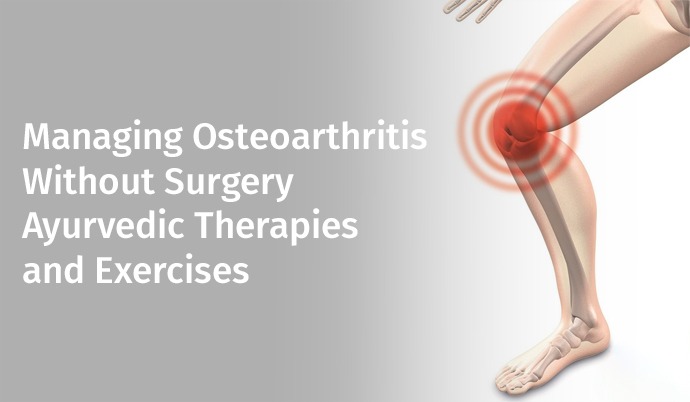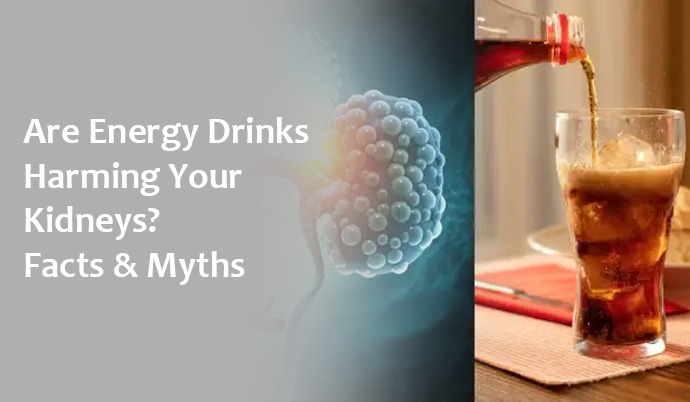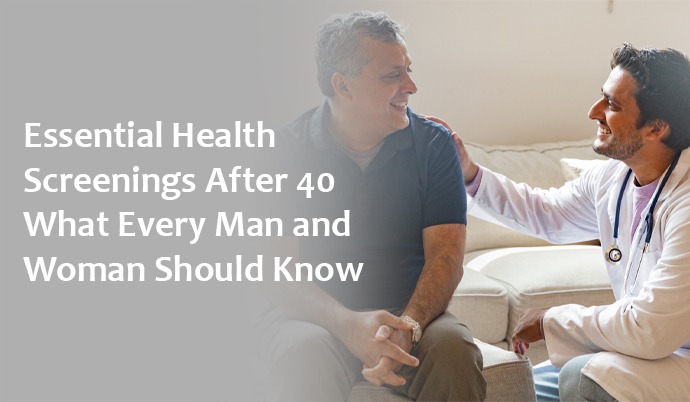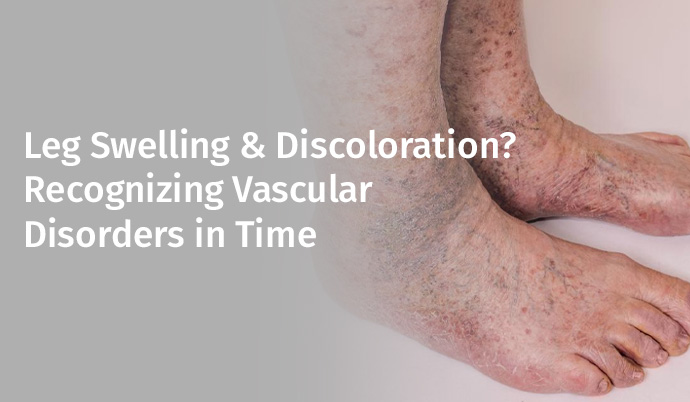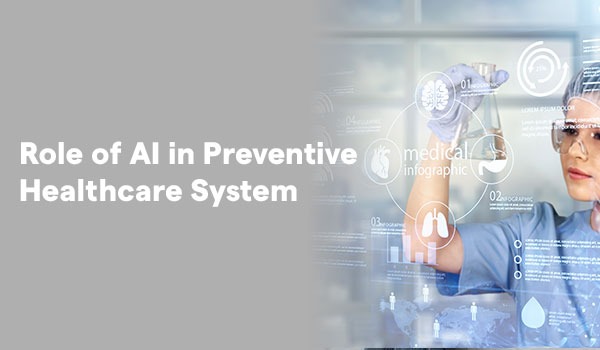
Since chronic diseases are on the rise, artificial intelligence enters the picture not only to change things but also to protect us. As stated by Deloitte in 2023, the use of healthcare AI will increase from $11 billion in 2021 to over $187 billion by 2030, mainly put towards predictive and preventive services. In addition, McKinsey & Company found that AI-powered approaches can decrease the risk of hospitalisation for some patients and help improve their health in several chronic conditions.
Usually, our healthcare system is set up to only react when a health problem appears. Now that things are going so fast, delaying action until symptoms appear is like waiting until the smoke blares out to realise a fire is underway. Artificial intelligence steps in and reviews oceans of information to find the first sign of any risk. Artificial intelligence in healthcare prevention in healthcare regards disease evasion as just one of its goals. It’s about:
· Forecasting dangers before they occur
· Creating wellness plans using information from data
· Providing less stress on medical facilities
· Giving patients the power to look after their personal health
1. Through Predictive Analytics
Artificial intelligence in healthcare can detect a disease without even the need of touching a stethoscope. It must be noted that recently, the Framingham Heart Study started using artificial intelligence to make more accurate forecasts about the 10-year risks of stroke and heart disease. Firms like Health Catalyst and Tempus are using medical AI to help identify those at low health risk and suggest fast action, in particular for oncology, cardiology and diabetes. Using the machine learning techniques, healthcare AI extracts health information from Electronic Health Records (EHRs), genetic data and how exactly people live to spot threats to their health. We should not only understand history; we should also try to predict what is to come.
2. Utilise Wearables with AI Combo
Imagine your smartwatch and artificial intelligence are like a buddy and a genius helping each other. Using these devices, it is possible to track your heart rate, your hours of sleep, how much oxygen you have and your stress levels. It takes the information and uses it to create early warning systems. The Apple Watch’s ECG function has allowed medical AI to detect atrial fibrillation in thousands of people who didn’t experience any symptoms. Fitbit and WHOOP give you AI advice to help you know when to get more rest, increase your water intake or destress when your tension levels are high.
3. Early Detection of Chronic Diseases
All too often, conditions like diabetes, cancer and hypertension form silently in the human body. Artificial intelligence in healthcare enables scientists to notice them ahead of time. AI can now help identify prediabetes by studying the results of lab tests, people’s physical activity, what they eat and even images of the eye. Google’s LYNA (Lymph Node Assistant) has shown a very high accuracy of 99% in finding metastatic breast cancer in pathology slides. It’s not only about being exact; it could mean saving lives as well.
4. Using AI to Watch Over Mental Health
Mental health issues aren’t always clear, since you can’t see them with an X-ray. The technology is improving at understanding what people really think, mean and feel based on the voice tone, facial expressions, text messages and differences in behaviour. Artificial intelligence can now identify the first signs of anxiety, depression or PTSD. Platforms like Wysa and Woebot use medical AI to give users instant emotional support through chat. Even now, AI models check social media and online behaviours to try to identify anyone who could harm themselves.
5. Genomic Medicine and Precision Medicine
When artificial intelligence and genomics combine, doctors can create personalised medicine to prevent diseases. The use of deep learning enables AI to review huge genetic records to find risks, including those caused by the BRCA mutation for breast cancer and the APOE4 genes for Alzheimer’s. Nowadays, platforms are utilising artificial intelligence in healthcare to make sense of your genetic tests and give you customised advice to prevent medical problems in advance.
6. AI in Public Health Surveillance
Healthcare AI also super heroically scans the entire population for specific problems. These artificial intelligence models also assisted with important tasks during the COVID-19 pandemic, such as:
Tools such as BlueDot and Johns Hopkins’ COVID Tracker relied mostly on medical AI to forecast how health situations could develop and escalate for governments.
7. Helping to cut expenses in healthcare
Preventive measures not only help you save money but also help you stay healthier. Artificial intelligence in healthcare can lead to fewer hospital admissions, less needless testing and fewer emergency calls. Healthcare AI has the potential to save $150 billion every year in the U.S. healthcare system if care is given more wisely, from the earliest signs. In countries with limited resources, medical AI helps by using mobile clinics and telehealth to screen rural residents for common diseases using a small amount of human help.
Let’s admit that we shouldn’t call artificial intelligence the saviour of humanity just yet, because there are some issues with it too.
Artificial intelligence isn’t there to replace doctors; rather, it will introduce changes to their work. Consider doctors from the best multi-speciality hospital in Delhi using insights from medical AI to help them monitor and diagnose faster, wiser and better-informed choices. AI literacy is being taught in existing medical school courses already.
Artificial intelligence in healthcare is modernising the way we handle preventive healthcare. Both devices that fit on the wrist and those techniques that look into our genes are real, and they’re only getting better. We must understand the fact that when patients, providers and artificial intelligence work together, it opens up the path to look ahead to when you won’t just visit the doctor just because you are sick, but rather rely on technology to stay healthy. It is well said that it’s better to prevent an illness than to cure it. Though now AI brings us prevention that is more effective, happens faster and is a bit ahead of its time. To know more about the role of AI in preventive healthcare, new approaches, and consultation with the experts, book an appointment with Sir Ganga Ram Hospital today.
